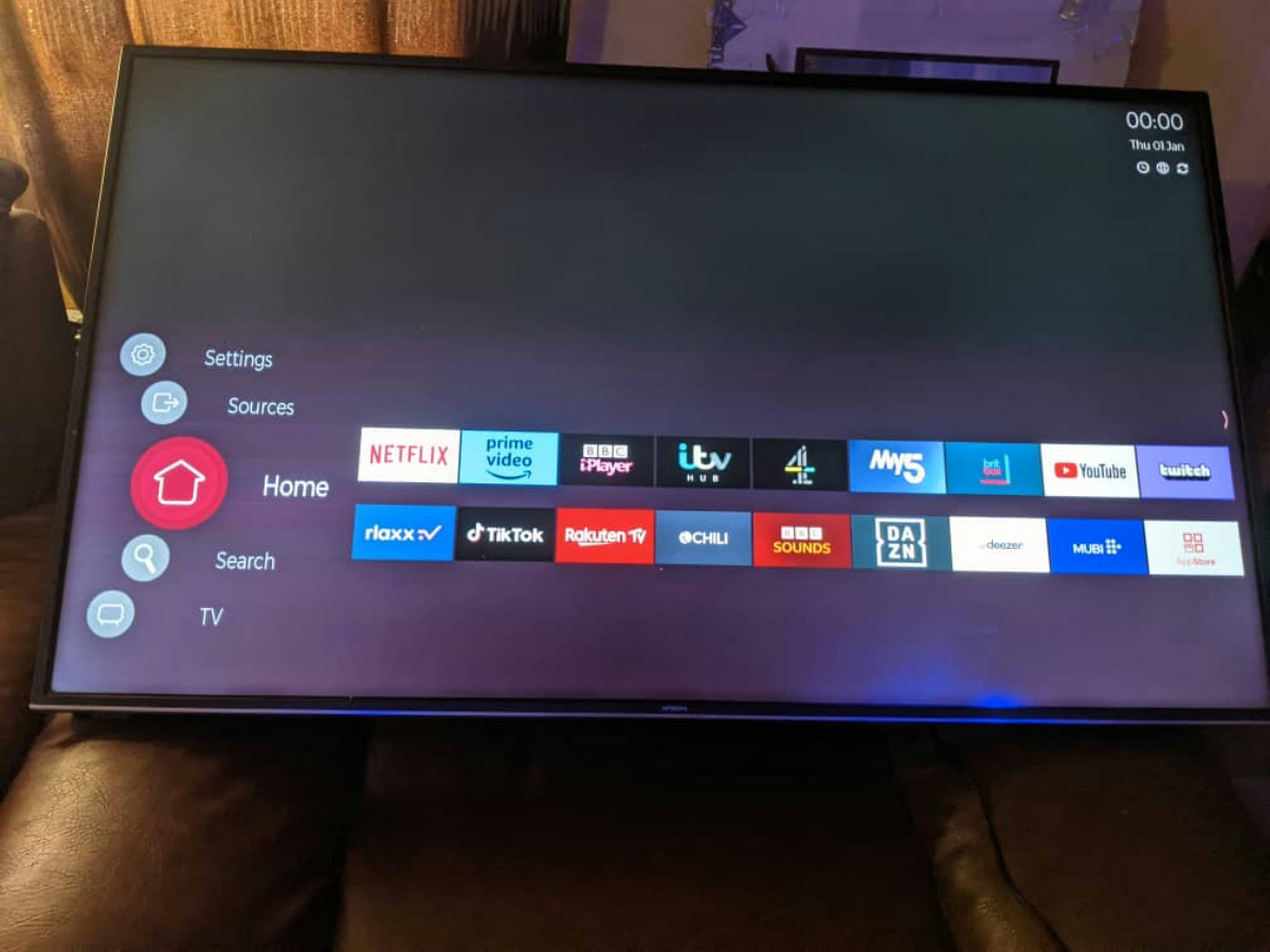Understanding Smart TV Processors
Smart TV processors are critical components that significantly influence a television’s performance, affecting everything from speed to image quality and user interface responsiveness. Essentially, the processor acts as the brain of the smart TV, executing tasks and managing various multimedia functions. In the context of smart TVs, processors handle the processing of images, decoding video streams, and running the operating system and applications. The efficiency and power of the processor can determine how smoothly a user can navigate through menus, stream content, or multitask between different applications.
Various types of processors are utilized in smart TVs, typically categorized into single-core, dual-core, quad-core, and even more advanced multi-core configurations. Generally, a higher number of cores allows for better multitasking capabilities, enabling users to run multiple applications simultaneously without experiencing lag. For instance, a quad-core processor can efficiently manage tasks such as streaming a movie while also updating its operating system in the background. Additionally, some brands employ specialized processors designed specifically for enhancing video quality through upscaling and color adjustments, further enriching the viewing experience.
Key specifications to consider when evaluating smart TV processors include clock speed measured in gigahertz (GHz), number of cores, and the architecture of the processor itself. A higher clock speed indicates faster processing capabilities, while an efficient architecture can lead to better power consumption. Other metrics like RAM size play a role as well, as adequate memory is crucial for ensuring applications run smoothly. Thus, understanding these aspects of smart TV processors is vital for consumers aiming to select a television brand that offers optimal speed while enhancing overall user satisfaction.
Leading Brands and Their Processor Technologies
In the competitive landscape of smart TVs, several leading brands distinguish themselves with advanced processor technologies designed to optimize performance and enhance user experience. Samsung, LG, Sony, and TCL are among the most prominent players, each offering unique innovations that drive their flagship models.
Samsung, known for its high-quality displays and cutting-edge technology, utilizes the Quantum Processor series in its premium models. This family of processors leverages machine learning algorithms to upscale lower resolution content, improve picture quality, and manage HDR content dynamically. By employing AI capabilities, Samsung’s Quantum Processor ensures seamless multitasking and a responsive user interface, catering to the demands of modern streaming services and gaming.
LG, on the other hand, showcases its Alpha processor line, particularly in its OLED TVs. The Alpha 9 Gen 4 AI processor stands out with its deep learning technology, which analyzes and fine-tunes audio and video content in real-time. This leads to enhanced contrast, rich colors, and optimized sound performance. LG’s commitment to providing a cinematic experience is evident in its use of innovative technologies that make viewing more immersive and enjoyable.
Sony utilizes its proprietary Cognitive Processor XR in flagship models, aimed at replicating human perception for an enhanced viewing experience. This technology works by analyzing and optimizing multiple elements simultaneously, ensuring that colors appear more vibrant and images maintain clarity. Furthermore, Sony’s implementation of XR Motion and XR Surround contributes to smooth motion rendering and immersive audio experiences, positioning Sony as a leader in smart TV performance.
TCL, often recognized for its affordability, has rapidly gained traction due to their integration of the AiPQ Engine. This proprietary technology intelligently optimizes picture quality and performance across various content types, allowing TCL to deliver a competitive option with impressive processing capabilities without commanding premium pricing.
Each brand brings innovative processor technologies that reflect their unique philosophies and emphasize their commitment to enhancing the smart TV experience. By understanding these advancements, consumers can make informed decisions regarding their next purchase.
Performance Comparison: Speed and Efficiency
The performance of smart TVs largely hinges on the efficiency and speed of their processors, which play a pivotal role in determining overall user experience. In recent evaluations, several leading smart TV brands have been scrutinized for their processing capabilities, particularly focusing on benchmark results that highlight the strengths of their respective systems. Brands such as Samsung, LG, Sony, and TCL have demonstrated varying levels of processing efficiency in terms of load times for applications and overall responsiveness to user commands.
Benchmark tests reveal that Samsung’s Quantum Processor ranks among the fastest, offering rapid load times for popular streaming applications. Similarly, LG’s α9 processor is noted for its efficient performance that not only accelerates app response but also enhances picture quality through superior upscaling techniques. Sony’s Cognitive Processor XR also stands out, delivering remarkable real-time optimizations that further boost both speed and visual fidelity. These performance metrics are critical for consumers who desire seamless interaction without lag, especially when navigating through apps or streaming content in high resolution.
Another essential aspect contributing to operational efficiency is the integration of intelligent processing methods. For instance, upscaling capabilities allow these processors to enhance the quality of lower-resolution content, making it more visually appealing. This is particularly important in today’s media landscape, where the availability of 4K and 8K content is steadily increasing. Hence, not only do processors need to manage load efficiency, but they must also adeptly handle content enhancement. Overall, the comparative analysis shows that while there are top contenders in the smart TV market, the specific features and technologies each brand employs differentiate their performance and operational capabilities. Understanding these nuances helps consumers make informed decisions when choosing a smart TV based on processing speed and efficiency.
Making the Right Choice: Which Brand to Choose?
When it comes to selecting the right smart TV, understanding processor performance is essential. With a variety of brands available, consumers must assess their individual needs, whether it be for gaming, streaming, or general usage. Certain brands, such as Samsung and LG, are often praised for their advanced processors, which enhance overall performance, providing seamless multimedia experiences. For gamers, low latency and high frame rates are critical, making it worthwhile to research models with dedicated gaming modes that utilize their processing power for smoother gameplay.
For streaming purposes, consider smart TVs with robust application support and fast processor response times. Brands like Sony and Vizio offer models equipped with processors that provide quick access to popular streaming platforms, ensuring buffer-free content consumption. Additionally, it’s important to evaluate the smart TV’s operating system and interface—some brands provide more user-friendly platforms that can enhance the overall experience.
Price points are also a significant factor when choosing a brand. While premium brands may offer top-tier processors, more budget-friendly options from manufacturers like Hisense and TCL can still provide respectable performance without breaking the bank. It is advisable to balance cost with performance—ensuring that the chosen model meets your specific needs at a fair price.
Warranty options and processor longevity should not be overlooked either. Many brands offer extended warranties that reflect their confidence in processor durability and performance over time. Researching customer reviews and satisfaction ratings can also provide further insight into how well these processors hold up under various usage conditions. By taking these factors into account, consumers can make informed decisions for their next smart TV purchase, ultimately leading to greater satisfaction with their investment.

